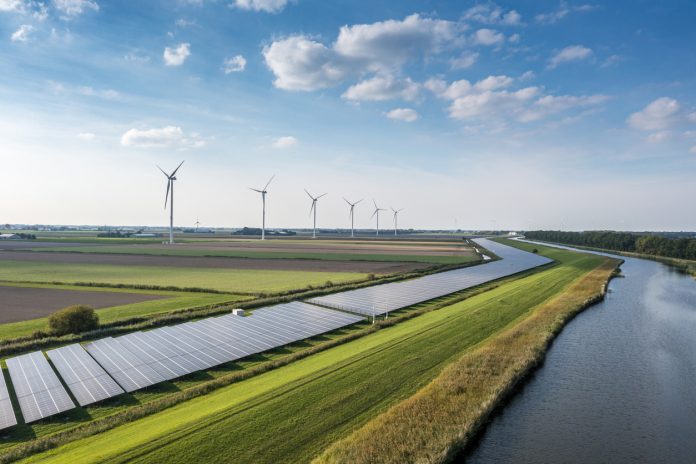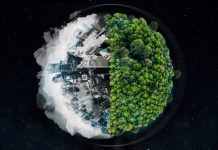Cody Battershill, Founder and Spokesperson for CanadaAction.ca, explores how Canada’s natural resources make it the ideal supplier nation of natural resources to the world
If you set out to create a nation that featured several competitive advantages in the sustainable global supply of natural resources, you might end up with a country that looks much like Canada.
A large landmass that covers almost ten million square kilometres, Canada is about 40 times the size of the UK. But it’s relatively sparsely populated beyond its larger cities near its Southern border with the United States (U.S.).
That land is endowed with enormous energy and mineral reserves, huge forests and agricultural regions, and vast supplies of fresh water – to name only a handful of its attributes.
But Canada also boasts a large, highly skilled workforce, strong education and research institutions, an exemplary record on human rights, rigorous laws combined with vigorous enforcement, and a top-flight reputation for environmental, social and governance standards.
Equally important, Canadians are firmly committed to Indigenous reconciliation and forging new partnerships with First Nations communities, particularly in rural areas where First Nations possess the local traditional knowledge passed down through millennia.
In short, in many respects, Canada is the ideal supplier nation of natural resources to the world.
Yet, Canada’s important task is to move from a supplier country with restricted access to global energy markets, to an energy and resources powerhouse known worldwide as the market leader in responsibly produced oil, natural gas, uranium, wind, hydropower, lumber, and agriculture.
It will take continued hard work but make no mistake; we have most of the pieces already in place. We’re missing the policy framework that will take us from a restricted supplier to a market leader.
Let’s delve deeper into the existing pieces.
Canada’s abundant energy resources
Canada has an abundance of energy resources, including large reserves of oil and natural gas, vast amounts of uranium and biofuels, and significant potential for additional hydro and wind – all of which serve to lower CO2 emissions and provide the needed energy to power a modern society, here and abroad.
In the case of LNG production, our Northern location means less energy is required to reach the low- temperature levels (–260°F, or –162°C) to liquefy the gas. Our tanker routes to Asia are shorter than those of other North American players, and a large percentage of hydroelectricity in the energy mix means our LNG is manufactured with minimal CO2 emissions.
Our relatively sparse population distribution means we have a unique opportunity to extract the resources and provide vital energy products not only to Canada but also to the global market, should we choose to do so.
Evolving technological innovations
What’s more, our strong Canadian institutions provide not just the skilled workforce to drive the sector forward, as I mentioned earlier. They also aid in the continually evolving technological innovations that ensure the lowest possible environmental impacts and best uses of our natural resources, and the governing bodies that oversee the sector and ensure high standards of environmental stewardship and human health and safety.
Indigenous and non-Indigenous workforces
Next, Canada has a willing and able labour pool, populated by employees, contractors and suppliers who work tirelessly to ensure the prosperity of their families, communities, the sector, and the economy at large. Canadians take real pride in these Indigenous and non-Indigenous workforces and their contributions to the country.
No one should underestimate the economic aspirations of Indigenous communities who continue to express in Canadian media coverage that they want to participate in Canada’s energy and natural resources economy. Far from presenting a challenge, this ambitious approach to partnership among Indigenous and non-Indigenous parties is a tremendous benefit.
Canada’s natural resources
Our own energy needs also figure into the equation, given cold winters and hot summers that make fossil- and non-fossil-based heating and cooling essential in many parts of Canada and the long distances we travel for work and recreation that still necessitate transportation fuels.
And consider the important chemical inputs we require for our agricultural sector, and many other areas where fossil fuel resources are crucial to our society in the same way that renewables are also necessary.
Most Canadians realize the world benefits when more Canadian energy and other natural resource products, not less, are traded on the world market.
To use an over-used phrase when it comes to our own needs as well as the global market, Canada’s natural resources are a ‘win-win.’











